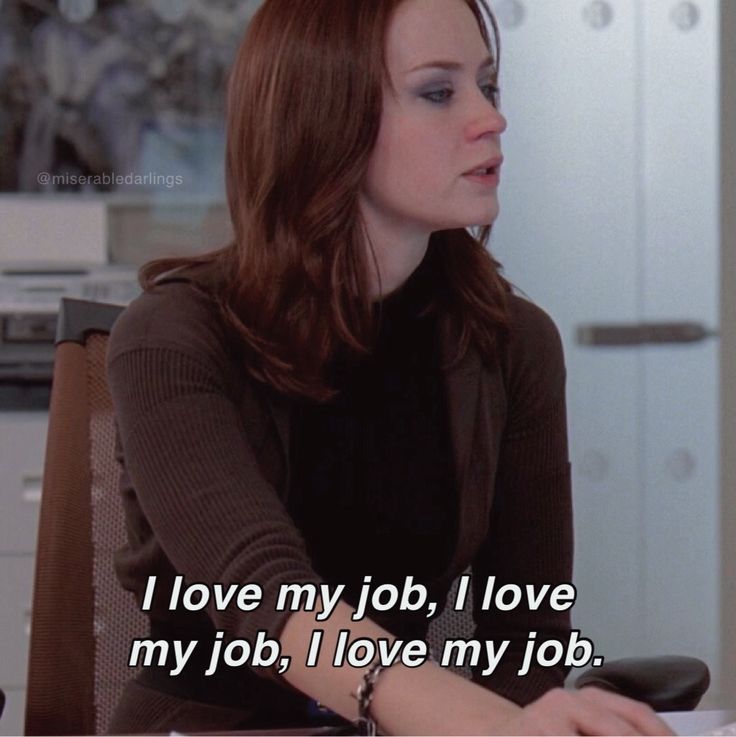The Price of Speaking Up—and Why We Pay It Anyway
Welcome Storytellers:
This week's story comes from a technology executive with nearly three decades of experience who learned that having a voice in the workplace sometimes costs you everything. But she also discovered something more important: you always land on your feet.
*To protect this woman's privacy, we have omitted names and company references.

The Golden Years: When Speaking Up Was Rewarded
Her career started at a major tech company right out of college, in what she describes as "a very nurturing environment." She was part of a new, experimental business unit that nobody could quite explain, which excited her because it meant building something from scratch.
"My manager was a woman, and while most of her team were men, it was incredibly respectful. They would spend endless hours training us. I was actually a golden girl—every time they had something new to build, they handed it to me."
For 17 years, she thrived in this environment where speaking up was not just welcomed but expected. Her ideas were heard, her contributions valued, and her career trajectory looked unstoppable.
The Shift: When the Same Voice Became a Problem
Everything changed when her division was sold to a telecommunications company. Suddenly, the same voice that had made her a "golden girl" made her a target.
"It was a patriarchal culture . The women who had made it to the top were really hardcore—and they felt threatened by me." She found herself managing a 200-person organization without the title, essentially doing a director's job while being undermined by the very women she'd expected to find solidarity with.
The pattern continued through her next role at another company: "It was very clickish, very horrific."
Another Test: Standing Alone in the Room
The real test came when she returned to her original company years later. She was placed on a leadership team where she was the only woman among six or seven leaders. The dynamic was painfully clear.
"We'd discuss things before meetings, and the guys would agree with me privately. But when we got in that room and I would state my opinion, they would just let me hang out there alone."
While her male colleagues stayed silent and "sucked up" to their manager, she continued to speak her mind respectfully. "Guess who was the first one to be asked out of that organization?"
The Breaking Point: When the System Turns Against You
The worst betrayal came from a female manager who called herself a friend, and who not only marginalized her but actively sabotaged her career. "She changed my position code in the system so that when decisions regarding an upcoming resource action were made, the system would pull up a lower-level code instead of my actual director role and so myself and half of my team would be impacted."
When she caught the manipulation and reported it to HR, they protected the manager instead of addressing the fraud. "That's what HR does in these companies sometimes”
The Retaliation Escalates
The pattern of punishment for speaking up followed her throughout her career:
-
Being abandoned by managers when she wouldn't play along with inappropriate behavior
-
Having successful results ignored when she didn't fit the cultural mold
-
Being pushed out of organizations despite delivering exceptional performance
-
Watching less qualified men get promoted while her achievements were minimized
"The confidence factor, you start wondering if you should even say anything in meetings anymore. I was conditioned not to open my mouth, and that's so against my nature."
The Moment of Clarity
After decades of this treatment, something shifted. When she found herself in yet another situation where speaking truth to power was being punished, she made a different choice.
"I said, the hell with all of you."
She realized that staying silent to keep a job wasn't worth sacrificing who she was. The fear of retaliation had kept her small for too long.
The Truth About Landing on Your Feet
What she learned, and what every woman needs to know, is that the threats are often worse than the reality. The career death we're told will come from speaking up rarely materializes the way we fear.
Yes, you might lose specific jobs. Yes, certain people will make things difficult. But you don't disappear. You don't become unemployable. You land somewhere else, often somewhere better.
"When you're not sure if you should open your mouth in a meeting anymore, when you're sitting there thinking 'should I speak up or not?'—that's when you know the culture is broken. And that's exactly when you need to speak up most."
She's clear about why we can't stop speaking truth to power, even when we know there might be consequences:
"You need to put the right people in the right jobs. HR needs to start protecting the people instead of protecting and finding ways to justify the wrong decisions made by some. Nothing changes if we stay silent."
Her advice is both practical and fierce: Document everything. Call out unfairness when you see it. Don't let them change your nature to fit their broken systems.
The Promise We Make to Ourselves
Her story isn't about avoiding the price of speaking up. It's about understanding that we're strong enough to pay it when necessary, and wise enough to know we'll survive and thrive afterward.
We all have more options than we think. The job that punishes you for having a voice wasn't the right job anyway. The organization that retaliates against integrity wasn't where you belonged.
You will land on your feet. You will be okay. And you'll be okay as yourself, not as the smaller version they wanted you to become.
If this resonates with you, you're not alone.
This is exactly why we need spaces where women can share these experiences without judgment. Your story matters, and there are thousands of women who need to hear it.
Ready to be part of the conversation?
🔄 Share this with women who need to see it
💬 Join our community to connect with others who get it
📝 Have a similar story? We want to hear from you—drop us a message
Together, we're rewriting the narrative on what it means to be a woman at work.
💡 Write Your Story
Self-Advocacy Tips
-
Clarify the Issue
What is happening - i.e., exclusion from meetings, retaliation for speaking up, etc. -
Stick to the facts only - not emotion
-
Know Your Value
-
Ground yourself in your expertise, contributions, and achievements.
-
Be ready to connect your value to team or business outcomes.
-
Use Direct, Respectful Language
-
Address the behavior, not the person’s character.
-
Make a Clear Ask
-
Don’t just point out the problem—state what you want.
-
Example: “I’d like to be included in the client debrief since I led the analysis.”
-
Stand Firm, Don’t Apologize
-
Follow Up in Writing if Needed
-
After conversations, send a brief recap email to confirm agreements and protect your record.
📆 Join Our Story
We're building something that's been a long time coming—a woman-owned, women-driven community where every voice matters and every story has power.
🚀 Follow us on LinkedIn @ I'm Her Story or on IG at Im_her-Story. Join our first community call on 9/19 at 12 PM ET—become a member for exclusive access!
📚 Learn Her Story
Book: - Eckhart Tolle -”A New Earth”
This book teaches how to live life in the NOW vs ruminating about the past or worrying about the future. It is profoundly spiritual and you will find yourself referring to it over and over. Truly a “how to” guide to a better way of life and for building a better world
Podcast: The Financial Feminist
Just listened to this episode with Carrie Kerpen, and it's a masterclass in building businesses that actually last. Carrie built and sold an eight-figure company and now helps women create sellable assets instead of just side hustles.
This episode is for you if you've ever felt trapped by the "safe" choice of a steady paycheck, wondered if you're ready to start that business idea you've been sitting on, or want to build something that creates real long-term wealth instead of just keeping you busy. Carrie breaks down how to shift from treating your business like a hobby to building it as a valuable asset, why waiting to feel "ready" is keeping you stuck, and how women can close the exit gap that's costing us millions in lost wealth.
This conversation is your blueprint if you've ever wondered how to create a business that lasts.




Responses